 <Home page>
<Home page>
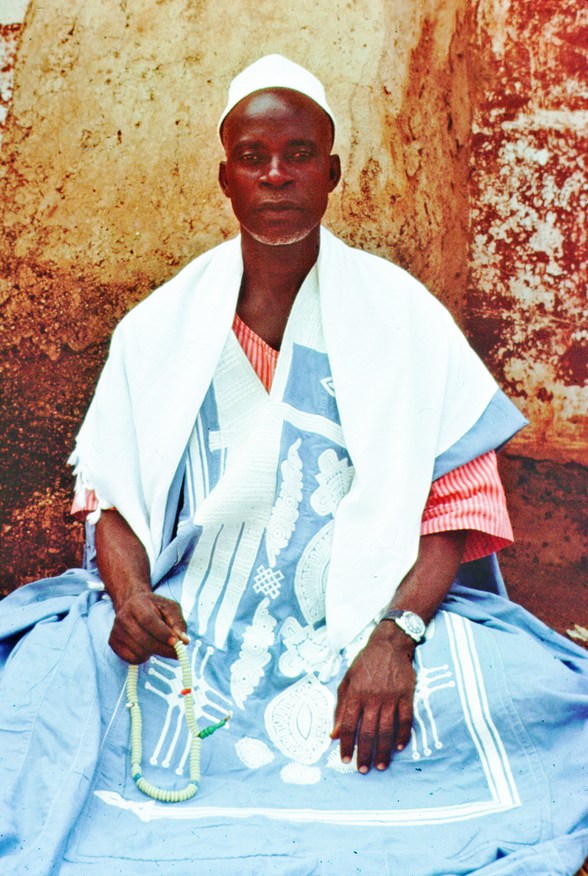
Alhaji Ibrahim Abdulai was born around 1918–20 at Voggo in Dagbon, the traditional state of the Dagbamba (or Dagomba) people in what is now northern Ghana. His family line begins in the house of Namo-Naa, chief of drummers at Yendi, moving to the line of Palo-Naa, chief of drummers at Savelugu, in the eighteenth century.
Alhaji Ibrahim moved from Voggo to Nanton as a child, where he was trained in drumming by one of the most learned of the elder drummers in Dagbon, the late Nanton Lun-Naa Iddrisu Mahama. From Nanton, Alhaji Ibrahim moved to Tamale, and from there he traveled and spent several years in southern and central Gold Coast — at Kintampo, Kumasi, Accra, Takoradi and Tarkwa — before returning to Tamale for the last thirty-five years of his life.
Tamale itself does not have a drum chief, but Alhaji Ibrahim was the leader of the drummers in Tamale, the one to whom cola was sent by anyone who wanted drummers for a funeral or a wedding. He led the Takai group as well, and from the time of Kwame Nkrumah, he represented Dagbamba drummers for the Northern Region at the Arts Council of Ghana and the National Cultural Centre. He was also at the center of the craft aspects of drum-making, drum-repairing, and drum-selling. He died in 1988 at Nanton.
Because of his travels, Alhaji Ibrahim's learning extended beyond Dagbamba drumming. He also learned how to beat the dances of many cultural groups besides Dagbamba. When he returned to Tamale, he introduced these new styles of drumming, and he taught many drummers how to beat dances so that people from other cultures could participate at Dagbamba social gatherings. His reputation as a musician was matched by his reputation as a learned person. He was brought up in Dagbamba villages, and he knew village life, yet his travels made him a sharp observer of social customs. It was the combination of his knowledge of Dagbamba tradition with his worldliness that distinguished him even from his seniors and earned their respect. The proverbs which drummers applied to him as his praise names were "Wisdom has no end" and "Respect is more than anything."
Alhaji Ibrahim became widely known through his work with John Chernoff. He trained Chernoff in drumming, and his clear discussions about drumming were integrated into Chernoff's book, African Rhythm and African Sensibility (Chicago: University of Chicago Press, 1979), helping that book attract worldwide attention to African music and to Ghana. Alhaji Ibrahim was featured as a performer and also served as the local coordinator for a film about Dagbamba music, Drums of Dagbon, jointly produced by Ghana Film Industries, Channel Four Television (UK), and Arts International (Munich). He was the lead drummer on two recordings of Dagbamba drumming, Master Drummers of Dagbon, volumes 1 and 2, released by Rounder Records (5016 and 5046).
In 1998, with guidance from Professor J. H. Kwabena Nketia, Director of the International Centre for African Music and Dance (ICAMD), Alhaji Ibrahim was posthumously honored with an Award by the Arts Critics and Reviewers Association of Ghana (ACRAG) in recognition of his contributions to the arts of Ghana in the period after independence. The Award was presented at the National Theatre of Ghana in Accra. Alhaji Ibrahim was only the second traditional artist and the first artist from northern Ghana to receive this award.
Alhaji Ibrahim believed deeply in the Dagbamba drumming tradition, and at the same time, his eyes were opened onto the world, and he believed that the achievements of Dagbamba culture should be known to the world and were worthy of a respected place on the world stage.
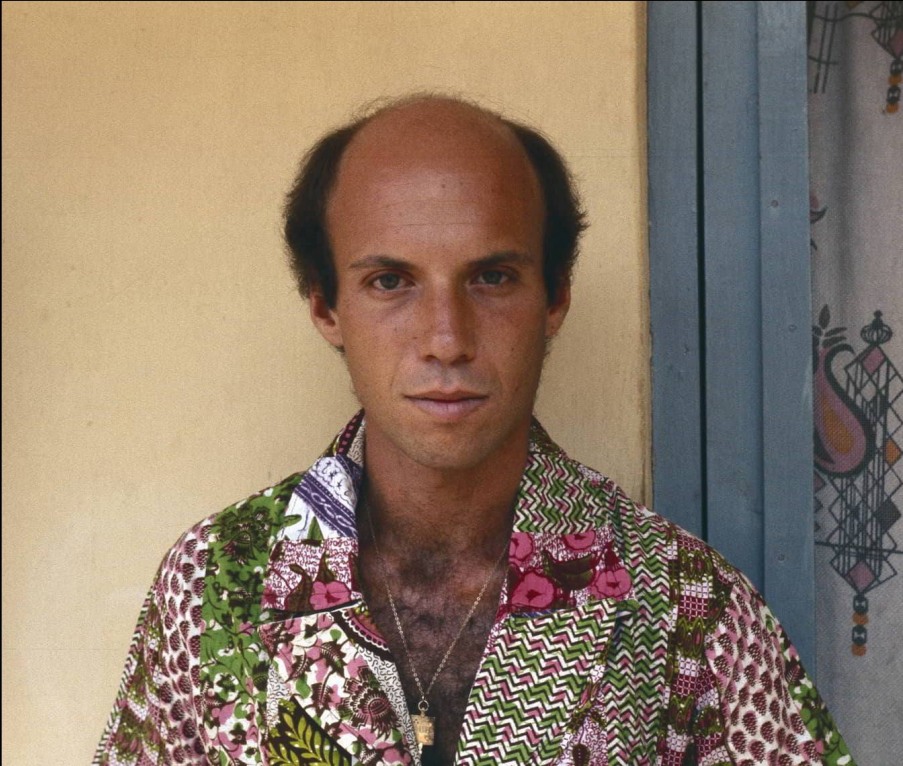
John M. Chernoff (www.johnchernoff.com) was born in Pittsburgh, PA, in 1947. He received a B.A. from Yale University in 1968, earning Degree Honors with Exceptional Distinction from three departments: Anthropology (under Sidney Mintz), Psychology (under Kenneth Keniston), and Sociology (under Kai Erikson). He received a Ph.D. in Religious Studies from The Hartford Seminary Foundation in 1974, under Leighton McCutchen in Psychology of Religion and Richard Underwood in Philosophy of Religion.
He was a resident of Ghana in 1970-71 and 1974-79, sponsored respectively by the Institute of African Studies at the University of Ghana and by Trinity College, Legon. He did fieldwork in Ghana, Togo, Burkina Faso, and Nigeria during that period, and he did additional extended fieldwork in 1981-82, 1983, 1988, and 1991. From 1979-95, he received the following grants and fellowships for this research: a National Science Foundation Grant for Basic Research; from the National Endowment for the Humanities, a Basic Grant, a Grant for Interpretive Research, a Fellowship for Independent Study and Research, and a Fellowship for Independent Scholars; three Grants for Postdoctoral Research from the American Council of Learned Societies and the Social Science Research Council Joint Committee on African Studies; a Penrose Fund Grant-in-Aid from the American Philosophical Society; an Andrew Mellon Postdoctoral Fellowship from the Department of Anthropology at the University of Pittsburgh; and a John Simon Guggenheim Memorial Foundation Fellowship.
He studied percussion with Stanley Leonard of the Pittsburgh Symphony Orchestra, Anlo Ewe drumming with Freeman Donkor of Tsiame and Gideon Alorwoyie of Afiadenyigba, Highlife and conga drumming with Seth Ankrah of Ramblers Dance Band of Accra, and Dagbamba drumming with many Dagbamba drummers under the supervision of Alhaji Ibrahim Abdulai.
In addition to articles and reviews, he is the author of African Rhythm and African Sensibility: Aesthetics and Social Action in African Musical Idioms (Chicago: University of Chicago Press, 1979); Hustling Is Not Stealing: Stories of an African Bar Girl (Chicago: University of Chicago Press, 2003); and Exchange Is Not Robbery: More Stories of an African Bar Girl (Chicago: University of Chicago Press, 2005). Hustling Is Not Stealing won the 2004 Victor Turner Prize in Ethnographic Writing from the Society for Humanistic Anthropology, and it was also a Finalist for the 2004 Herskovitz Book Prize from the African Studies Association for the most important scholarly work in African studies published in English during the preceding year. His recordings include Master Drummers of Dagbon, volumes 1 and 2 (Rounder Records, 1985 and 1990) and Master Fiddlers of Dagbon (2001). He was associate producer of the films Drums of Dagbon and Africa Come Back for Ghana Film Industries, Channel 4 Television (UK), and Arts International (Munich). He composed and performed percussion with David Byrne for The Catherine Wheel, a suite of dances choreographed by Twyla Tharp on Broadway and on PBS’s Great Performances.
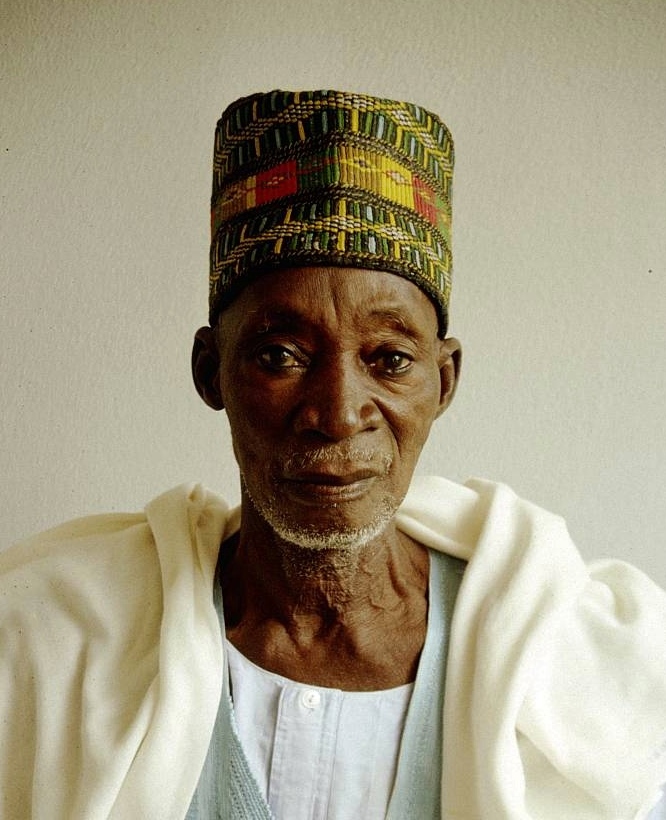
Alhaji Mumuni Abdulai was the senior brother of Alhaji Ibrahim, from the same parents. He was one of the most respected drummers in Dagbon. He was born in Voggo during early years of the chieftaincy of Naa Alaasani, about 1901–02. He grew up in Voggo, and he mastered three aspects of drumming: singing, beating the medium-sized drum (lundaa), and beating guŋgɔŋ. During the 1940s he went to stay in several Gold Coast towns — Bibiani, Sekondi, Takoradi, Kumasi, and Aboso. In those towns, he was the leader of the Dagbamba drummers who were called to gatherings to beat drums. When he returned to Voggo, he followed Vo-Naa Moro until Vo-Naa Moro died, and then Alhaji Mumuni moved to Savelugu, where he was standing as the brother of Savelugu Palo-Naa. In Savelugu, Alhaji Mumuni fulfilled a similar role to that performed by Alhaji Ibrahim in Tamale, as the leader and mentor of the drummers who beat for the “youngmen” of the town, who would gather at his house in the evenings for instruction in historical knowledge. He was asked by many chiefs to be their chief of drummers, but he refused drumming chieftaincies because he did not want his chieftaincy obligations to conflict with his religious obligations for prayer. He refused nomination as Zule-Naa for Vo-Naa Moro’s Gbɔŋlana. He refused Nanton-Naa Sule when Nanton-Naa Sule was chief of Gushie. He refused Lamashegu-Naa Dawuni and Pigu-Naa Abilaai. When Alhaji Mumuni moved to Savelugu, he refused a chieftaincy from Savelugu-Naa Abilaai II. When Nanton-Naa Alaasambila was chief of Zugu, Mumuni refused a drum chieftaincy there. He died in 1992.
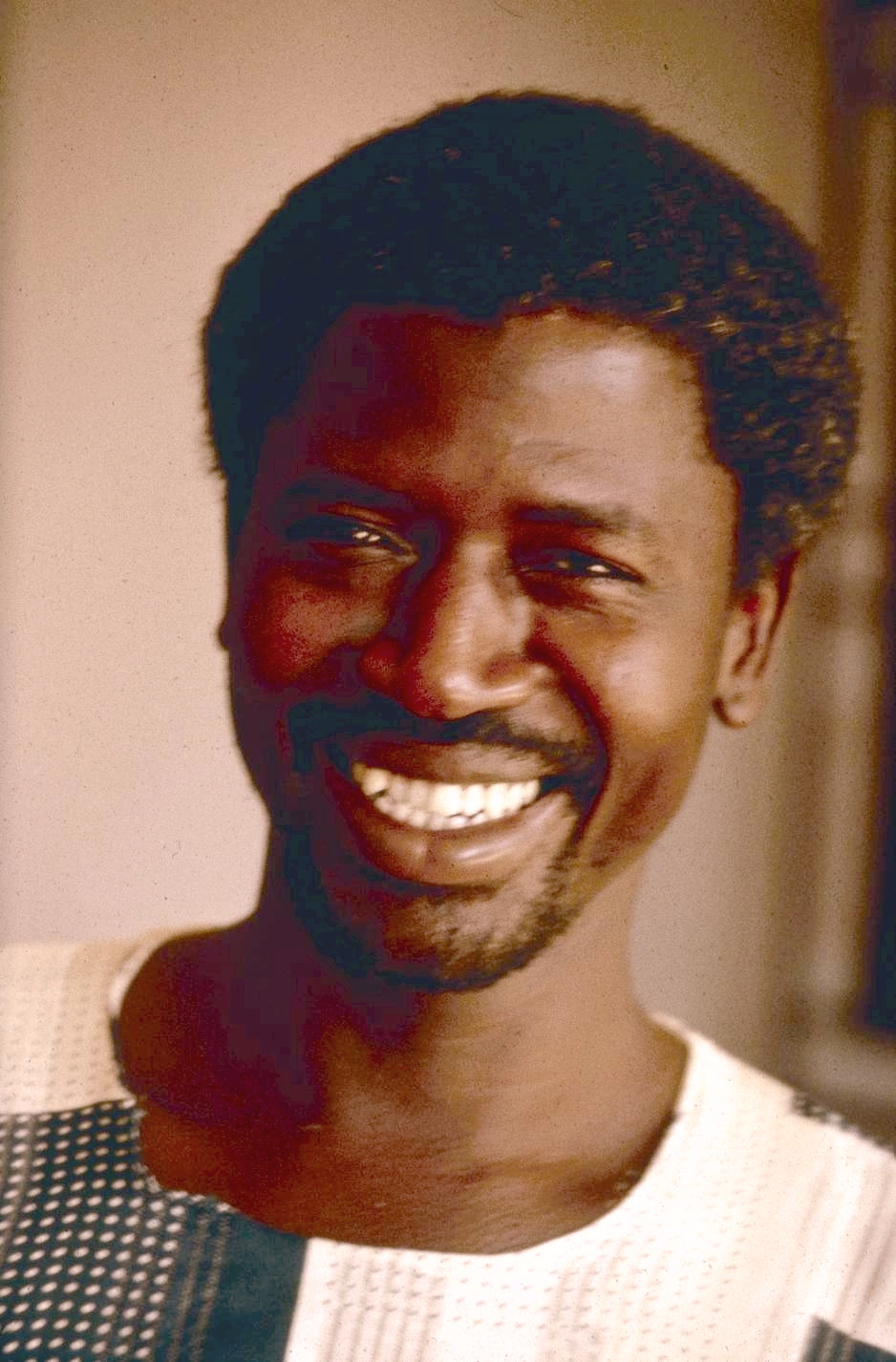
Kissmal Ibrahim Hussein born in 1957 in Tamale, Ghana. He was related to Alhaji Ibrahim on his mother’s side. Kissmal received Islamic education as well as English education, at Ghana Secondary School in Tamale, completing O levels and A levels. He studied at the Institute of African Studies at the University of Ghana, Legon. During his professional life, he worked for a number of non-governmental development organizations both on staff and as a consultant. Among his activities were projects involving peace-building, conflict prevention, and inter-religious dialogue with the Tamale Catholic mission; Ghanaian-German agricultural development projects, on integrative vegetable gardening and on root and tuber crops with GTZ; and on HIV/Aids and assessment of sexual disease patients in the Northern Region. He also provided research assistance to a number of international scholars. He died in 2014.
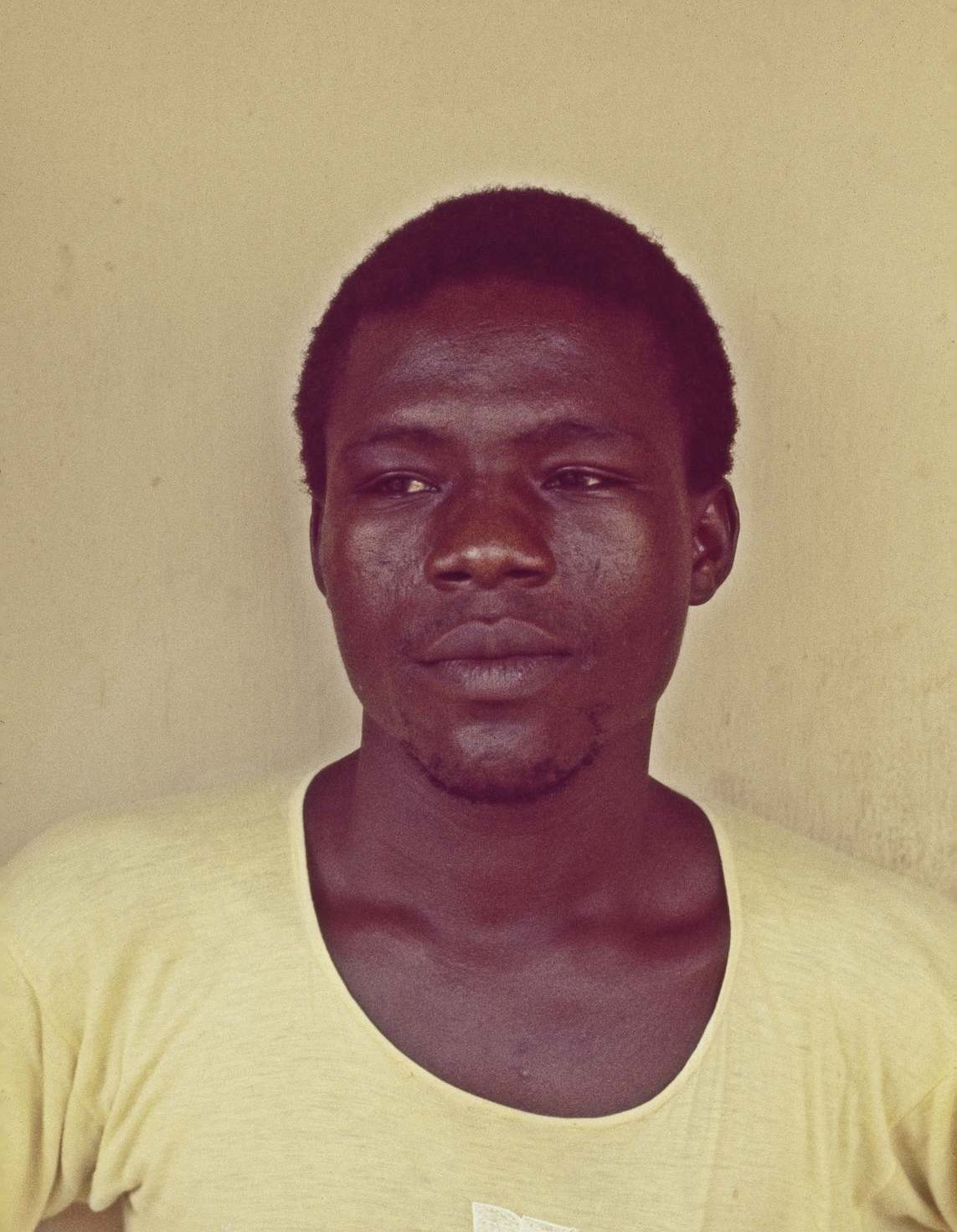
Benjamin Danjumah Sunkari was born in 1955 in Tamale. His father was Wala, and his birth mother was Dagaba. Both his parents died when he was a child, and from the age of two, he was raised by his father’s senior wife, a Dagbana, in a Dagbani-speaking household in Tamale. He was educated at the Lamashegu Primary School and Vitin Middle School before studying for his O-level and A-level certificates at Bawku Secondary School. He trained as a teacher at the Bagabaga Teacher Training College, now known as the Bagabaga College of Education, in Tamale from 1974 to 1976. From 1976, as a registered teacher, head teacher, and head master, he taught at many schools in the Tamale area. In 2006 he was appointed a peripatetic officer, based in Sawla, with the Ghana Education Service in the Sawla-Tuna-Kalba District of the Northern Region of Ghana. He also served as chief of the village of Konjeihi with the title Naa Kpaha II. He died in 2017.
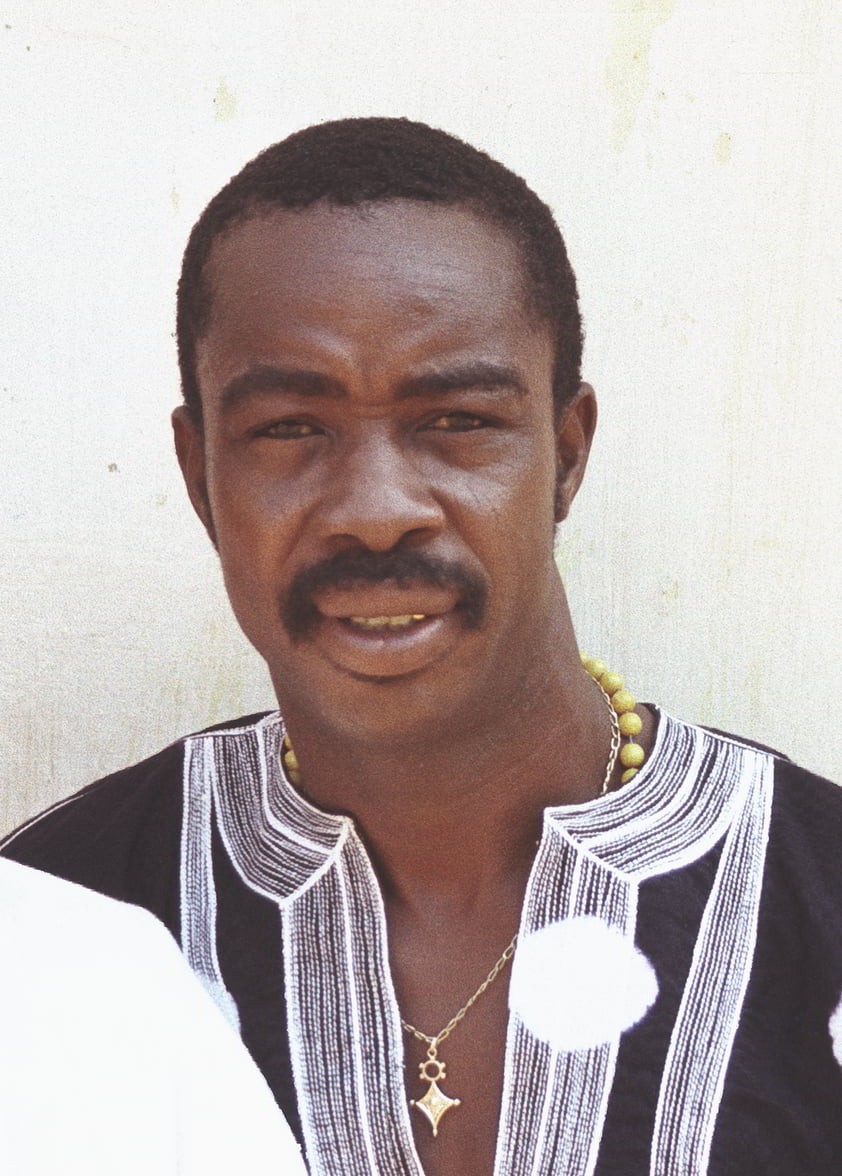
Mustapha Muhammad was born and educated in Bawku, Ghana. The main part of his family was from Tamale. He was fluent in more than a dozen languages. For more than two decades he worked as head translator at the Tamale High Court. A skilled negotiator, he was instrumental in navigating challenges in the research. In a time when the pilgrimage to Mecca was normally corruptly overbooked, he was also the main force helping both Alhaji Ibrahim and Alhaji Mumuni to be included on their respective pilgrimages. He was a popular figure in Tamale, with the nickname “Big Afro.” He died in 2000.
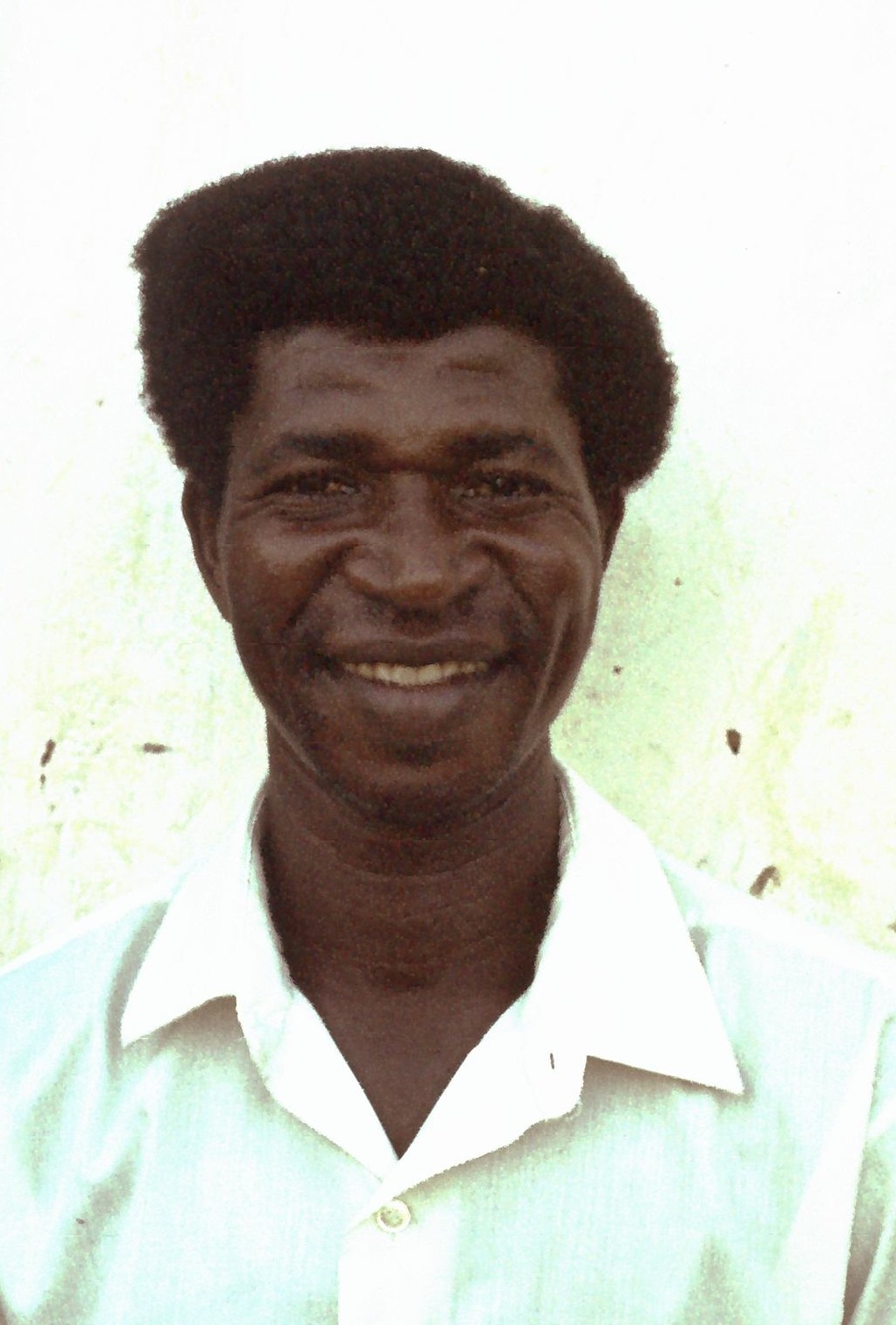
Daniel Azundoo Wumbee was born in Gbungbaliga in 1937. He attended the Assemblies of God Mission School in Gbungbaliga. He obtained certificates in English and Dagbani from the Government Mass Education Program and a Diploma in Theological Studies from the Northern Ghana Bible Institute in Kumbungu (now the Assemblies of God Northern Ghana Bible College). He attended the Institute of Adult Education at the University of Ghana, Legon, as well as various Summer Institute of Linguistics workshops on translation. From 1960 he served as a translator at the Northern Ghana Bible Institute and for the Assemblies of God New Testament Revision Committee (NTRC), where he was the Head Dagbani Consultant. From 1984 to 2002, he was translator of the Old Testament for the Bible Society of Ghana. He also assisted on the translation of the deuterocanonical texts of the Roman Catholic Bible. He has consulted on Dagbani for linguists and other scholars as well as for the United Bible Societies and the Bureau of Ghana Languages. Ordained in 1974, he served as a reverend minister of the Assemblies of God (Ghana) for churches in Savelugu, Choggo, and Bulpiela. He retired from his ministry in 2009 after forty-five years of service.